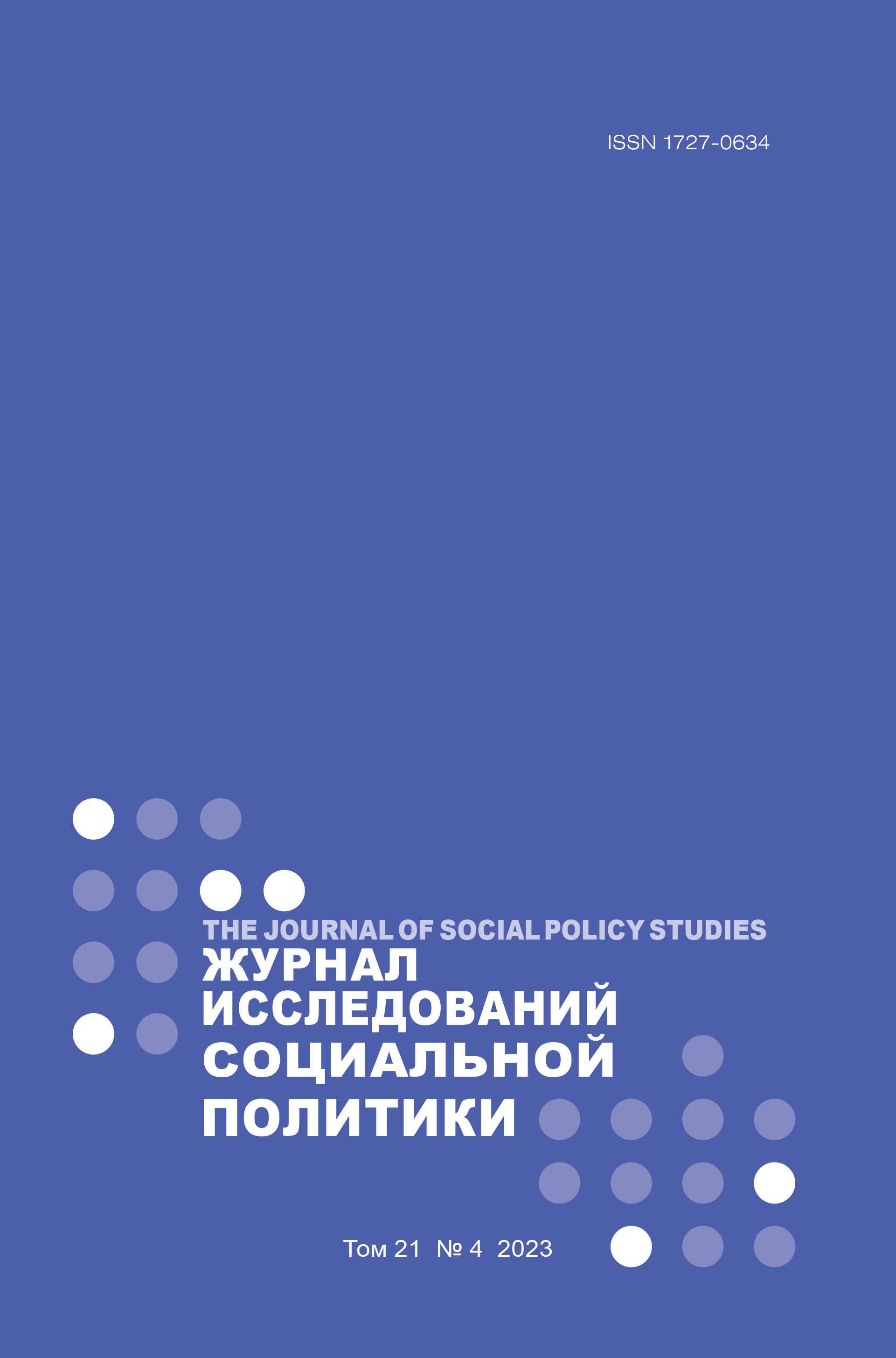«Допустим, должен ли мужчина быть нежным?»: модели маскулинности среди молодых евангельских христиан Санкт-Петербурга
Аннотация
В статье поднимается вопрос о нормативных моделях маскулинности молодых евангельских христиан Санкт-Петербурга. Вовлеченность евангеликов в глобальные процессы по пересмотру гендерных норм и их неконвенциональная религиозная идентичность в контексте постсоветского пространства могут отражаться в том, какие представления о гендерной идентичности ими разделяются и воспроизводятся. В рамках своей гендерной идентичности молодые евангелики могут выстраивать отличные от секулярных гегемонных моделей образы мужественности. Анализ субъективных смыслов, которые вкладывают молодые евангелики в понимание мужественности, позволяет раскрыть вопрос о производимых в их среде идеалах маскулинности. Эмпирической базой для анализа в рамках качественной социологической парадигмы стали двадцать полуструктурированных интервью с молодыми евангельскими христианами Санкт-Петербурга, относящимися к новым течениям пятидесятников, харизматов и баптистов. Выделены три модели маскулинности, воплощающие гетерогенность представлений о мужественности среди молодых евангеликов – «гибридная христианская мужественность», «консервативная христианская мужественность» и «эгалитарная христианская мужественность». Общими элементами этих моделей выступили гетеронормативность, поддержание гендерной бинарности и эссенциалистского понимания категорий пола и гендера. Отличные черты этих моделей выражаются в тех личностных качествах, которые являются ценными и важными для понимания ими мужественности – отказ от рискового поведения и сексуальной активности, ценность эмпатии и эмоциональности, включенность в семейную сферу и домашний быт. При этом все модели маскулинности производятся в тесной связи с властной позицией над феминностью. Выделенные модели маскулинности могут быть отнесены к формам гибридной маскулинности, для которой характерно сочетание элементов гендерной иерархии с неконвенциональными для гегемонной модели маскулинности чертами. Соединение в нормативной гендерной идентичности властной позиции с принятием таких черт как эмпатия, ненасилие, отказ от рискового поведения и сексуальной активности вне брака связано с ориентацией информантов на христианские нормы.















